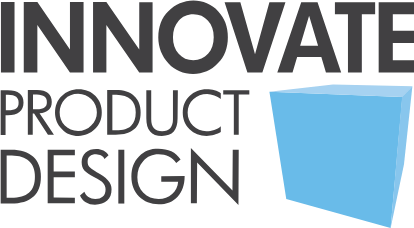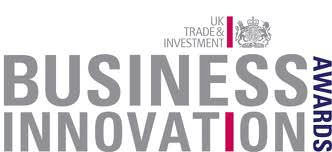Everyone at some point has had an idea that they think will change the world. Who hasn’t been in a bar or the shower at one point or another in their lives and thought, “I’ve got an excellent idea. It’s the future.” While it is great to have an idea, there are a few things you may want to keep in mind before sharing it to the world.
- Confidentiality – You need to be careful who you talk to about your idea. The more people you tell, before you have it protected, the more people there are who can potentially take the idea and run with it.
- Uniqueness – Is my product unique? Everyone thinks their idea is unique, but with a little bit of digging you may find that’s not necessarily the case.
- Product Research – Taking the time to look into the existing product market will give you a useful idea of whether your idea is worth taking forward and if there is anything out there.
- Patent Research – A search of patent databases establishes background and context for your idea and lets you know how your idea can be progressed. It will also show which patents are out there that may be similar to your idea.
- Product Design – Having your product professionally designed will give you the opportunity to use the skills of a designer/team of designers to take the thoughts in your head or rough sketches and turn them into a viable product offering that could encourage investment.
- Protection of Idea – The application for intellectual property will be the point where your concept becomes something that is formally registered. The application for legal protection puts you into a position where you can approach industry.
Once you have been through these six steps, you will be ready to present your concept to industry. There are two routes that you will need to consider when deciding to take your idea to market.
- Self-Manufacturing – This is when you start your own company and put your product into production yourself. You will need to keep in mind that knowledge of various business disciplines (i.e. marketing, distribution, and manufacturing) will be necessary in order to get your product to market.
- Licensing – This is when you approach a company with the intention of them putting your product into production on your behalf. Licensing out your product idea involves forming a contractual agreement between a company (companies) and yourself, to allow them the rights to exploit your intellectual property.
Whichever route you choose, make sure to do your research on any marketing, manufacturing, and/or any other company you are thinking of using and always sign a non-disclosure agreement with any company you discuss your idea with, in order to protect yourself and your idea.I come from a family who has a background of inventing new products and understand how difficult it can be trying to develop an idea when you don’t know the ins and outs of how the process works. These tips are very useful and essential to someone who has ideas for new products or inventions and want to know about the invention process. Jessica Vann



